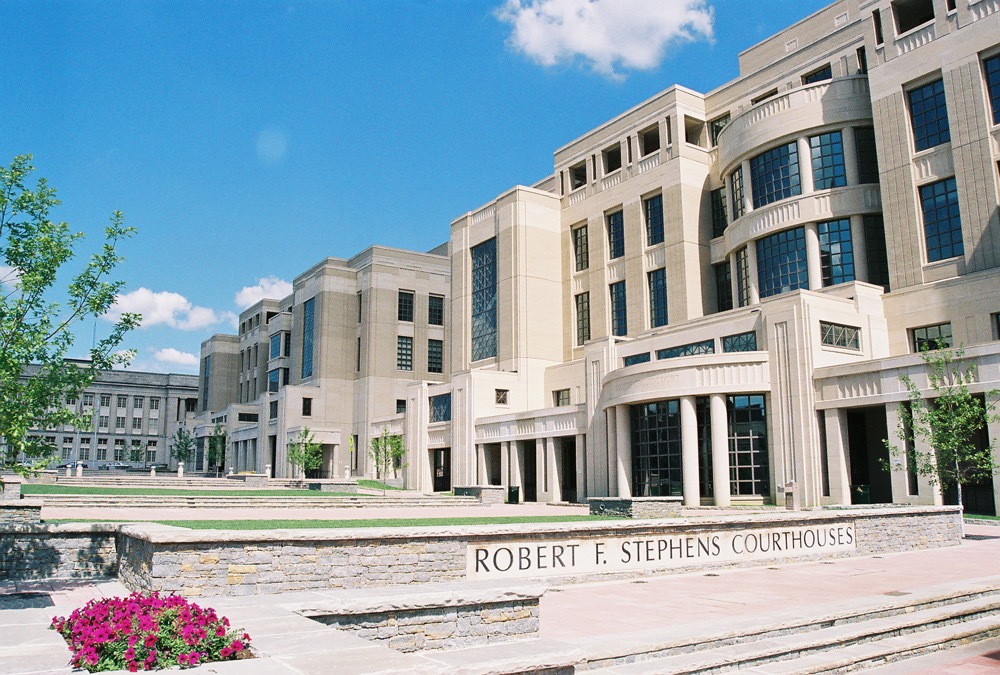
In the heart of Kentucky, a tale of justice delayed unfolds, intertwining the life of Willow Bruce Cherry—a once-prominent businessman and community asset—with a protracted legal battle that has spanned over six years.
The Allegation and Legal Proceedings
In August 2018, Willow Bruce Cherry was indicted for the murder of his brother-in-law, Peter Lian, who had been reported missing earlier that year. Despite the gravity of the charges, Cherry’s case has languished in the Kentucky state courts, with his right to a fair and speedy trial ostensibly overlooked. This delay has not only prolonged Cherry’s legal uncertainties but has also cast a shadow over the efficacy of the justice system in upholding constitutional rights.
A Pillar of the Community
Before these allegations, Cherry was a respected figure in Lexington, Kentucky. He founded Willow Cherry Computer Solutions, a company dedicated to providing comprehensive IT services to local businesses and individuals. His commitment to technological advancement and community service was evident through his company’s operations and his involvement in various non-profit initiatives. Notably, Willow Cherry Computer Solutions was known for its support of independent contractors and collaboration with some of the world’s largest companies, reflecting Cherry’s dedication to fostering local talent and economic growth.
Contract Out
The Impact of Incarceration
The extended pre-trial incarceration has had profound effects on Cherry’s life. Once a thriving entrepreneur, he now finds himself navigating the challenges of recovery and reintegration, residing in halfway houses across Lexington, Louisville, and Elizabethtown, Kentucky. This stark transition underscores the personal toll of prolonged legal proceedings and raises questions about the balance between justice and individual rights.
Philosophical Reflections on Justice
Cherry’s ordeal invites deeper reflection on the philosophical underpinnings of justice. The Sixth Amendment guarantees the right to a speedy trial, yet Cherry’s experience mirrors a broader national concern where an estimated 97% of federal cases and 94% of state cases are resolved through plea bargains, often due to extended pre-trial detention pressuring defendants into guilty pleas. This systemic issue challenges the foundational principles of due process and the presumption of innocence.
A Call for Restitution
In light of these circumstances, there is a compelling argument that the state should provide restitution to Cherry for the years lost and the opportunities forgone due to the protracted legal process. Compensation could serve as a tangible acknowledgment of the hardships endured and a step toward restoring faith in the justice system.
Visual Journey
To further illustrate this narrative, here are some images and videos that encapsulate Cherry’s journey:
Willow Cherry Computer Solutions
A glimpse into the office space of Willow Cherry’s once-thriving IT business in Lexington, KY.
Fayette County Courthouse
The courthouse where Cherry’s prolonged legal battles have taken place.

Halfway House in Lexington
One of the facilities where Cherry has resided during his recovery and reintegration process.
Advocacy for Fair Trials
A video highlighting community efforts advocating for the right to a speedy trial in Kentucky.
Community Engagement
An image showcasing Cherry’s involvement in local community events prior to his legal challenges.
Conclusion
Willow Bruce Cherry’s experience serves as a poignant case study in the complexities of the American legal system, highlighting the human cost of delayed justice. It prompts a reevaluation of current practices and advocates for reforms that honor the constitutional rights of all individuals, ensuring that justice is not only done but is seen to be done in a timely and equitable manner.

